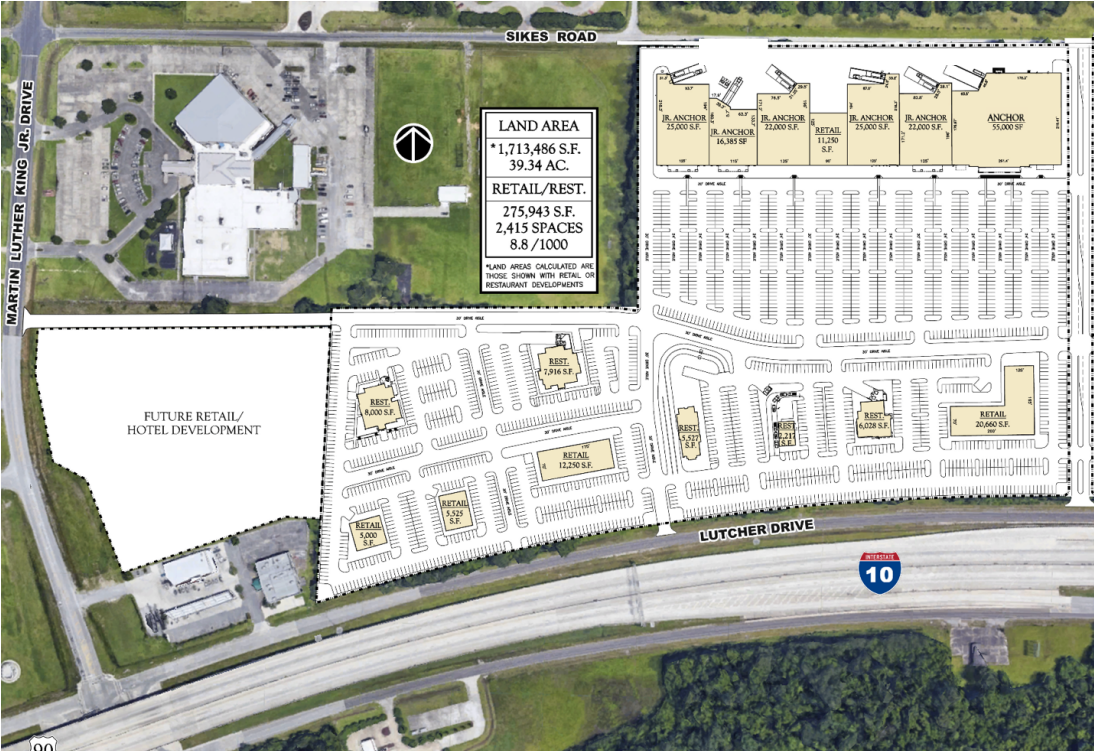SENATE APPROVES REMAINING SPECIAL SESSION BILLS
Published 8:31 am Thursday, July 27, 2017
With only one exception, the Senate approved the last of the bills relating to the special session agenda remaining on its calendar Wednesday. Many of these measures are aimed at restricting city authority in favor of the state. This will give the House 20 days to consider Senate legislation relating to these issues.
First, the Senate gave approval to a bill that would require women to purchase supplemental insurance plans if they want coverage for elective abortion procedures. SB 8, by Conroe Senator Brandon Creighton, would prohibit the inclusion of elective abortion coverage in employer-offered, government or ACA exchange insurance plans. Plans could still offer coverage for medically-necessary abortions.
Also Wednesday, the Senate passed a measure intended to combat mail-in voter fraud. Texas permits people older than 65, people with a disability, or people who won’t be home during early voting or on election day to vote by mail ballot. North Richland Hills Senator Kelly Hancock says that this alternate system is ripe for mail-in voter fraud, and pointed to a number of on-going investigations into questionable mail ballots, including 700 suspicious ballots in Dallas County.
Trending
His bill, SB 5, would enhance penalties for mail-in ballot fraud, enhances protections for elderly and disabled voters, and would strengthen signature verification procedures to detect potential fraudulent ballots. It also requires prompt reporting of mail ballots rejected under fraud suspicion to the state Attorney General.
The rest of the bills considered and passed on Wednesday dealt with restrictions on municipal authority. First, SB 6 by New Braunfels Senator Donna Campbell, would curb cities’ ability to annex areas by requiring input from citizens in the area to be annexed. Before a city can annex an area, the bill would require that it receive the approval of a majority of the registered voters there; by petition in a small area with less than 200 residents, and by election in more populous areas. The city would have to pay for the petition or election and would have to hold public hearings beforehand to permit public input.
Next, the Senate approved a bill that would end cities’ authority to regulate the use of handheld devices while driving. Under SB 15 by Dallas Senator Don Huffines, only the state could place limits on the use of handheld wireless communications devices while behind the wheel. The bill would end existing ordinances prohibiting use of a cell phone without a hands-free accessory in more than 40 Texas cities. State law already bans cell phone use in school zones and for drivers younger than 18. A statewide ban on texting and driving, passed during the regular session, is set to go into effect on September 1.
City and county permitting processes would be governed by a uniform and expedited state-wide standard under a bill passed by Fort Worth Senator Konni Burton. Her bill, SB 13, would require all municipal permitting processes to follow the same rules. The intent of the bill is to reduce the time from application to approval to about 30 days.
Finally Wednesday, the Senate passed a bill that would end city protections for trees on private property. SB 14, by Senator Bob Hall of Edgewood, would override existing ordinances that prevent people from cutting down trees or vegetation on their own land without municipal approval. This bill would not apply to some safety ordinances, such as those intended to prevent tree disease or wildfires.
The only item on the Senate agenda not passed over the last three days is SB 18, by Wichita Falls Senator Craig Estes. This measure, which seeks to put a cap on the growth of local government spending, is set to be taken up next week.
Trending
The Senate will reconvene Friday, July 28 at 10 a.m.





